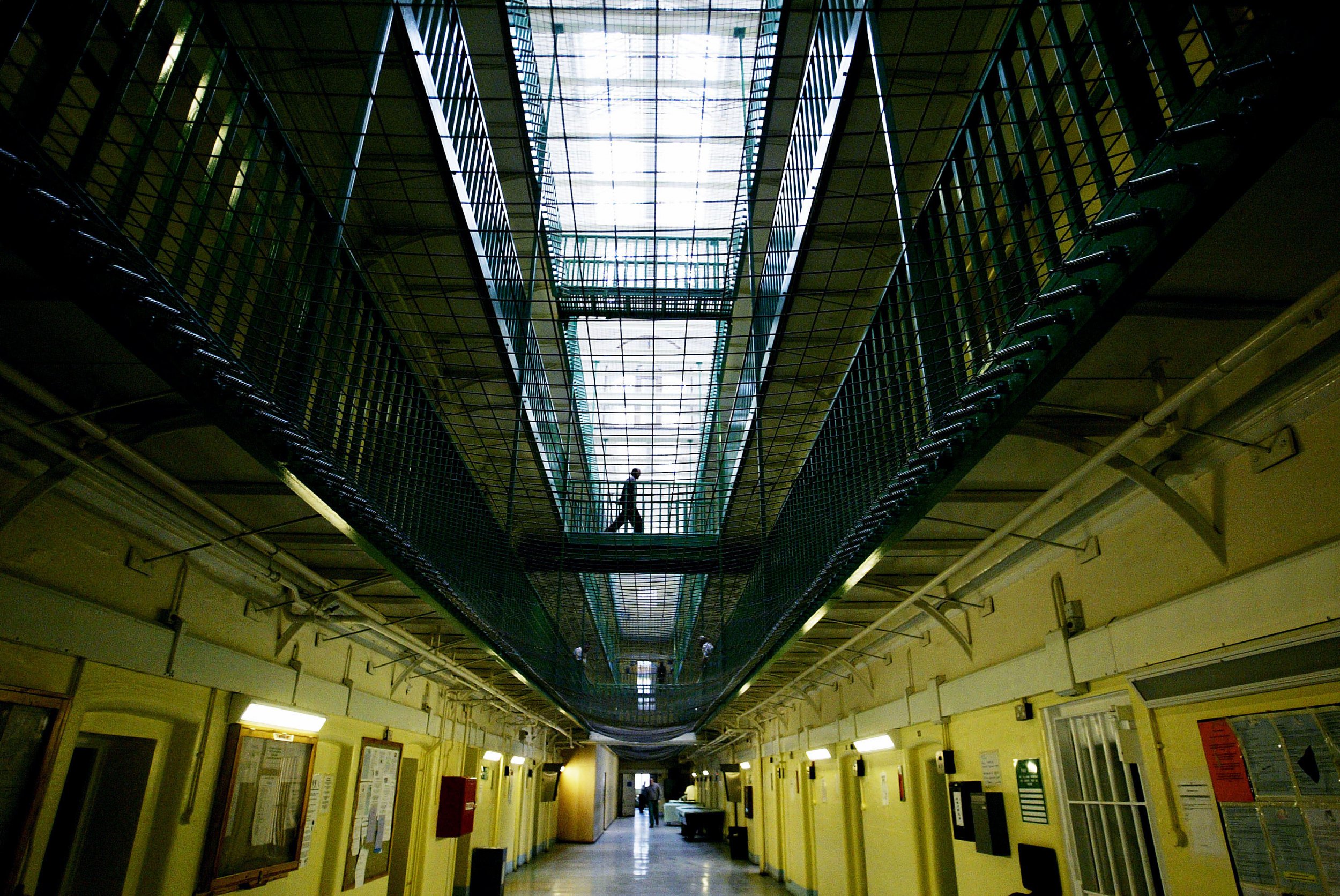
Prosecutors are significantly more likely to offer plea deals to white defendants than their black counterparts, a new study shows.
After studying over 30,000 misdemeanor cases in Wisconsin over seven years, Loyola Law School professor Carlos Berdejó discovered white people facing misdemeanor charges were more than 74 percent more likely than black people to have a judge drop, dismiss or shorten their prison sentences. White people with no criminal records were also more likely to have their charges reduced than black people without criminal records, according to Berdejó's research.
The consequences for such a disparity are enormous, considering more than 90 percent of defendants take plea deals to avoid trial.
Berdejó says it's difficult to establish causation in this line of research since there are certain "unobservable factors" to consider, like the way a crime was committed, or the identity of the victim. But even considering these caveats, he believes his research says something clear about what's going on when prosecutors face black defendants.
"Prosecutors use race — whether it be consciously or subconsciously — as a proxy for defendants' capacity to commit crimes in the future or to assess the level of threat a person poses to society," Berdejó tells Newsweek.
He explains that this racial disparity is far more pronounced in cases where a defendant has no prior criminal history, or has only committed a low-level offense.
When prosecutors deal with defendants with multiple convictions or defendants who have committed more severe crimes, they're less likely to use race to determine whether the defendant will commit a crime. That means black people are more likely to end up with jail time and a criminal record when they had none before — a hint as to why the United States' criminal justice system incarcerates African Americans at a rate fives times higher than white people.
"It can change a person's life dramatically," Berdejó says. "Getting a misdemeanor conviction, doing some jail time — even if it's just a couple months — can affect your employment prospects and how you see yourself."
Berdejó says his research isn't "entirely surprising," but that there is potential for his research to encourage more people to investigate the early stages of the criminal justice system and how it can produce dramatically different outcomes for people of color.
"I think we have to start exploring how the amount of discretion prosecutors have can be playing an important role in the disparities in the criminal justice system," he says.
Other researchers' investigations into racial bias in criminal prosecutions have led to similar findings. In 2014, the Vera Institute of Justice determined prosecutors in the Manhattan district attorney's office were more likely to offer white and Asian defendants plea deals without prison time than black and Hispanic defendants who'd been charged with the same crimes. Black and Hispanic defendants were also more likely than their white and Asian counterparts to be held in jail before their trial.

Vera Institute of Justice President Nicholas Turner, however, said the findings didn't point to a cause for the apparent bias.
"It could be implicit bias," he told the New York Times. "It could also be race-neutral policies that end up having a particular disparate effect."
A paper published in Behavioral Science and Policy in February proposed a solution to prosecutors' enduring racial biases: Keep defendants' race a secret.
The study suggest using automated programs, paralegals and other middlemen to prevent prosecutors from becoming aware of a defendant's race when reviewing case files. Prosecutors will eventually learn of a defendant's race, but researcher Sunita Sah says eliminating the potential for bias early on could be key in reducing it overall.
"Just a slight reduction in bias could have huge effects, not just on people in prison, but also an effect on families and society in general" Sah, a behavioral ethics researcher at Cornell University, told Fast Company. "We need to pilot it and really see how this would work in the field."
Uncommon Knowledge
Newsweek is committed to challenging conventional wisdom and finding connections in the search for common ground.
Newsweek is committed to challenging conventional wisdom and finding connections in the search for common ground.
About the writer
Marie Solis is a politics writer at Newsweek focusing on women's issues. She's previously written for Mic, Teen Vogue, Bustle, ... Read more





